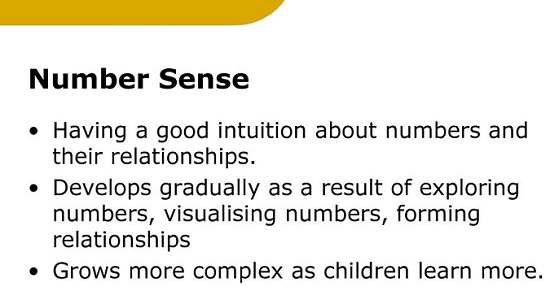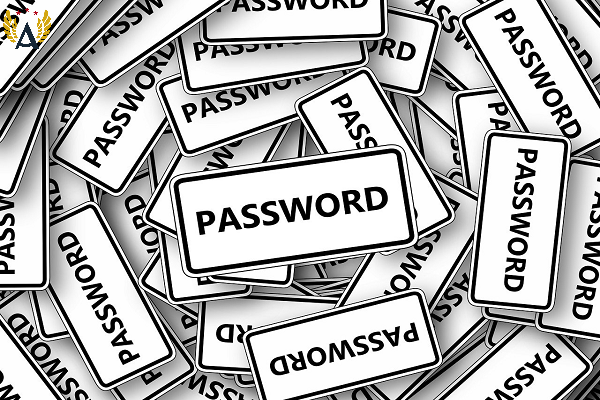Unit 1: Number Sense, Concepts, and Operations
Unit 1: Number Sense, Concepts, and Operations

Unit 1: Number Sense, Concepts, and Operations

Unit 1: Number Sense, Concepts, and Operations
This unit emphasizes the effects of various operations on the real number system to solve problems.
Unit Focus
'Number sense,' 'concepts,' and 'operations' are fundamental terms in mathematics education, especially in the context of early learning and foundational mathematical understanding. Here's an overview of each:
Number Sense:
Definition: Number sense is an intuitive understanding and flexibility with numbers. It involves a grasp of the magnitude of numbers, their relationships, and the ability to use numbers in various contexts.
Key Components:
- Counting: Ability to count in sequence.
- Comparing: Understanding relationships like greater than, less than, and equal to.
- Estimation: Approximating the size of numbers.
- Place Value: Grasping the value of digits based on their position in a number.
- Number Patterns: Recognizing and extending patterns in numbers.
Importance: Number sense is crucial for developing mathematical proficiency. It forms the foundation for more advanced mathematical concepts and problem-solving.
Concepts:
Definition: In the context of mathematics, concepts refer to fundamental ideas or mental constructs that help organize and understand various mathematical topics.
Examples:
- Addition and Subtraction: Understanding the combining and separating of quantities.
- Multiplication and Division: Grasping the concepts of grouping and sharing.
- Fractions and Decimals: Understanding parts of a whole and their relationships.
- Geometry: Concepts related to shapes, sizes, and spatial relationships.
- Measurement: Understanding units and comparisons of length, weight, volume, etc.
Importance: Developing a strong conceptual understanding helps students apply mathematical principles in diverse situations and promotes problem-solving skills.
Operations:
Definition: Operations in mathematics refer to the basic mathematical actions or procedures performed on numbers to achieve a result. The main operations are addition, subtraction, multiplication, and division.
Examples:
- Addition: Combining two or more numbers to find a total.
- Subtraction: Finding the difference between two numbers.
- Multiplication: Repeated addition or combining equal groups.
- Division: Sharing or grouping a quantity into equal parts.
Importance: Mastery of basic operations is fundamental to solving mathematical problems and lays the groundwork for more advanced mathematical concepts.
In education, these concepts are typically introduced progressively, allowing students to build a solid foundation in mathematical thinking. Teachers often use a variety of instructional strategies, manipulatives, and real-world examples to help students develop strong number sense, grasp mathematical concepts, and become proficient in basic operations. This approach supports a deeper and more meaningful understanding of mathematics.
Vocabulary
Lesson Reading
Videos and Interactives (Click on Images to View Content)


